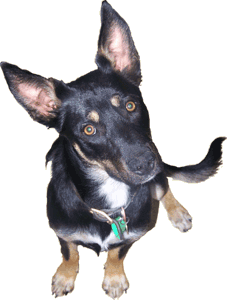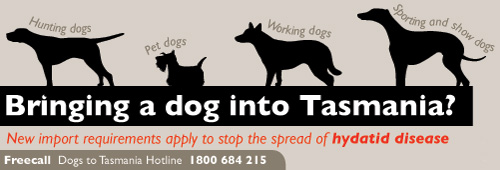(This post is archived on our website at https://www.hallvet.com.au/about/pet-insurance/)
Some perspective…
According to the Australian Companion Animal Council,
- vet fees only account for about 1/4 of the cost of your pet,
- about 1/3 is spent on other services (toys, kennels, grooming, holiday accommodation etc) and
- the rest – nearly 1/2 – is spent on food.
Big Bills
 But there are times when vet bills loom large because of accident or illness. In the last four years at Hall Veterinary Surgery, about 90% of invoices over $1000 were for dogs. They included conditions as diverse as dog-fight injuries, pancreatitis, surgery for cancers, blocked waterworks, broken bones or cruciate ligaments, snake bite, heart failure, car accidents, tick paralysis, vomiting, diarrhoea, and chemotherapy for cancer.
But there are times when vet bills loom large because of accident or illness. In the last four years at Hall Veterinary Surgery, about 90% of invoices over $1000 were for dogs. They included conditions as diverse as dog-fight injuries, pancreatitis, surgery for cancers, blocked waterworks, broken bones or cruciate ligaments, snake bite, heart failure, car accidents, tick paralysis, vomiting, diarrhoea, and chemotherapy for cancer.
Big bills hit young pets as well as old.
Budgeting
If unexpected vet bills would blow your budget, you could try one of these strategies to minimise the fallout:
- Pet insurance costs range from about $18/month (cats, accident only) or $33/month (dog, accident only) up to $65/month (dog select breed, accident/illness.
Depending on pre-existing conditions and payout limits, pet insurance will reduce the impact of most big bills. Some plans work on a co-payment system, which reduce the premium if you pay 20% or more of any bill.
Most insurance companies reimburse you after you’ve paid the vet.
- A low-fee credit card kept for emergencies only.
- Self-insure by putting a monthly contribution into an interest-bearing account. This is the most cost-effective method for small costs; you don’t have to worry about pre-existing conditions and you can economise on multiple pets -as long as they don’t all get sick at the same time. You can also budget for costs that aren’t covered by the pet insurance companies. These include vaccinations, worming, flea and tick protection and wellness programmes. The average monthly costs below will give you an idea of what to put aside. If a big cost comes up before you’ve accumulated enough you’ll still have to bridge the gap.
Total Spend
The table below shows amounts carers spent on individual pets over the last four years. It breaks this down to the average monthly cost of vet care and the percentage of dogs and cats in that spend category. This is the average per pet for all products and services offered at Hall Vet Surgery, including flea and tick products, prescription diets, dental work, big surgeries, cancer treatment, desexing and vaccinations.
| Total spent over 4 Years |
Ave per Month |
Dogs |
Cats |
| $500 |
$10 |
54% |
38% |
| $1,000 |
$21 |
28% |
17% |
| $2,000 |
$43 |
9% |
4% |
| $5,000 |
$104 |
1% |
0.4% |
| $10,000 |
$208 |
0.1% |
|
So you can think of the percentages as indicative of the chance that your pet will cost at least that much in vet bills. eg if you own a cat, there’s a 1:250 chance your cat might total $5,000, or a 1:10 chance that your dog might cost over $2,000 over four years.
Pet insurance is more cost-effective if your pet is unlucky enough to have a bad accident or becomes ill. But you have to have your pet insured before it happens!












